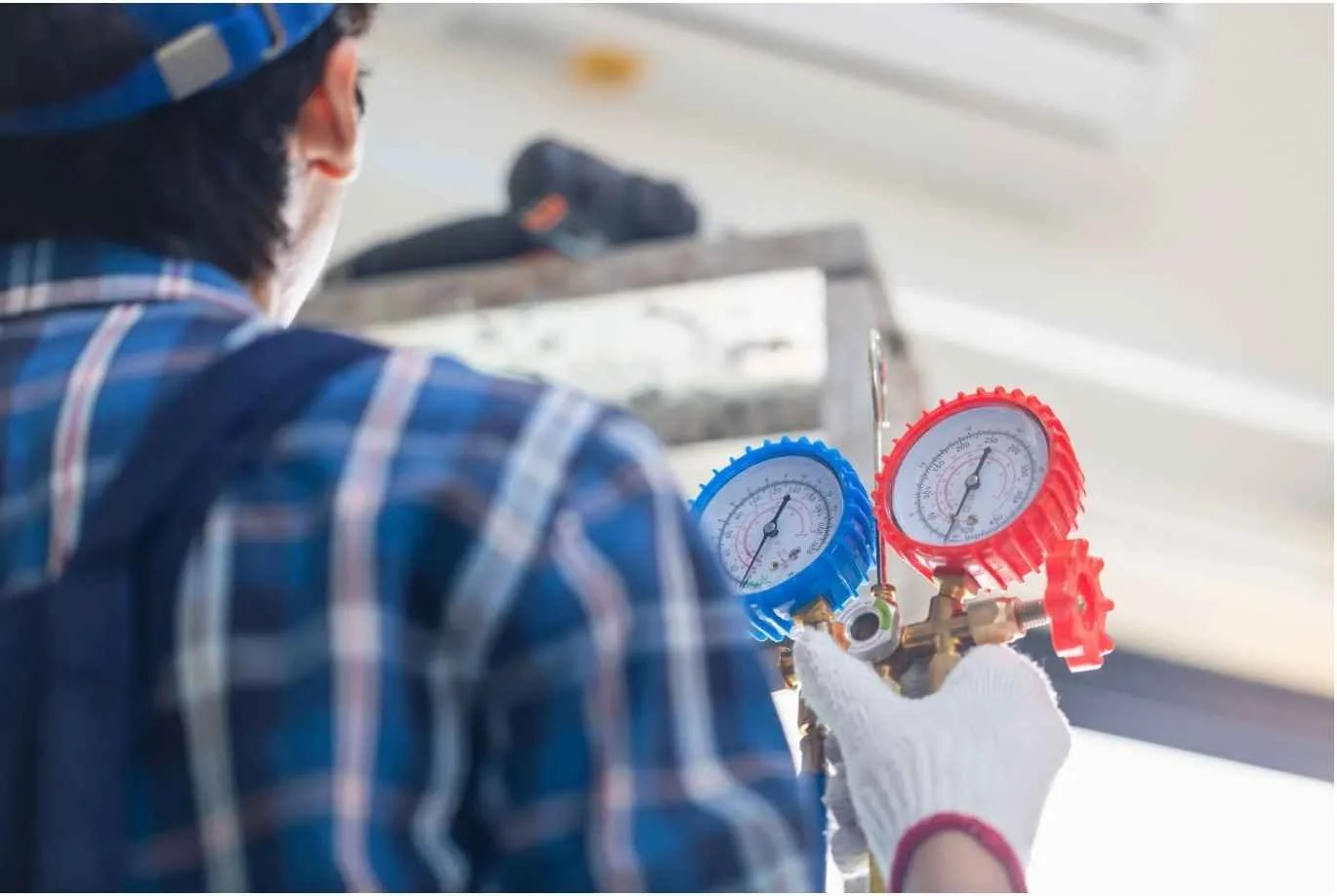The Ultimate Guide to Reducing Energy Bills with Efficient HVAC Systems
Slash Your Energy Bills
The Ultimate Guide to Efficient HVAC Systems
Tired of watching your energy bills skyrocket? You’re not alone—and you’re definitely in the right place. Believe it or not, your HVAC system could be quietly draining your wallet without you even realizing it. But don’t worry—we’re about to break down exactly how to turn that around.
This guide is your roadmap to cutting energy costs, improving home comfort, and making smarter HVAC decisions.
Understanding HVAC Efficiency
Let’s start with the basics.
HVAC stands for Heating, Ventilation, and Air Conditioning—the core systems responsible for keeping your home comfortable year-round. Efficiency is all about getting the most performance with the least amount of energy. Key metrics to watch:
SEER (Seasonal Energy Efficiency Ratio) – Measures cooling efficiency.
AFUE (Annual Fuel Utilization Efficiency) – Measures heating efficiency.
Higher ratings = better performance and lower utility bills.
Step 1: Audit Your HVAC System
Before making changes, get the full picture.
A home energy audit evaluates how efficiently your HVAC system—and your home as a whole—is operating. It helps you spot issues like air leaks, poor insulation, or outdated equipment that could be costing you serious money.
Step 2: Prioritize Regular Maintenance
Think of your HVAC system like a car: ignore the maintenance, and you’ll pay for it down the road.
Here’s what regular HVAC maintenance includes:
Replacing or cleaning air filters (every 1–3 months)
Cleaning ducts to ensure proper airflow
Clearing debris around outdoor units
Checking refrigerant levels and electrical components
Routine checkups = lower energy bills + fewer costly breakdowns.
Step 3: Upgrade to Smart Technology
Smart thermostats are a game-changer for energy savings. These devices learn your habits, adjust temperatures automatically, and let you control your HVAC system remotely from your phone.
Benefits include:
Customized comfort schedules
Energy usage tracking
Lower monthly bills
It’s one of the simplest upgrades with one of the biggest payoffs.
Step 4: Know When to Upgrade
If your HVAC system is more than 10–15 years old, it may be time to consider a full replacement. While new systems require upfront investment, they also come with:
Significantly improved efficiency
Lower maintenance costs
Manufacturer warranties
Eligibility for tax credits or rebates
Bonus: Modern systems are often quieter, cleaner, and more eco-friendly.
Bringing It All Home: Efficiency = Comfort + Savings
Boosting your HVAC efficiency isn’t just about reducing costs—it’s about creating a comfortable, reliable, and sustainable home. From regular tune-ups and energy audits to smart upgrades and high-efficiency replacements, every small step adds up to big savings.
Ready to Take Control of Your Energy Bills?
At JBG Heating & Air Conditioning, we specialize in helping homeowners cut energy costs while maximizing comfort. Whether you’re due for a tune-up or ready to upgrade your system, our team is here to guide you every step of the way.
Contact us today to schedule a consultation and start your journey toward HVAC efficiency and long-term savings.Whatever it is, the way you tell your story online can make all the difference.








